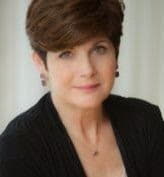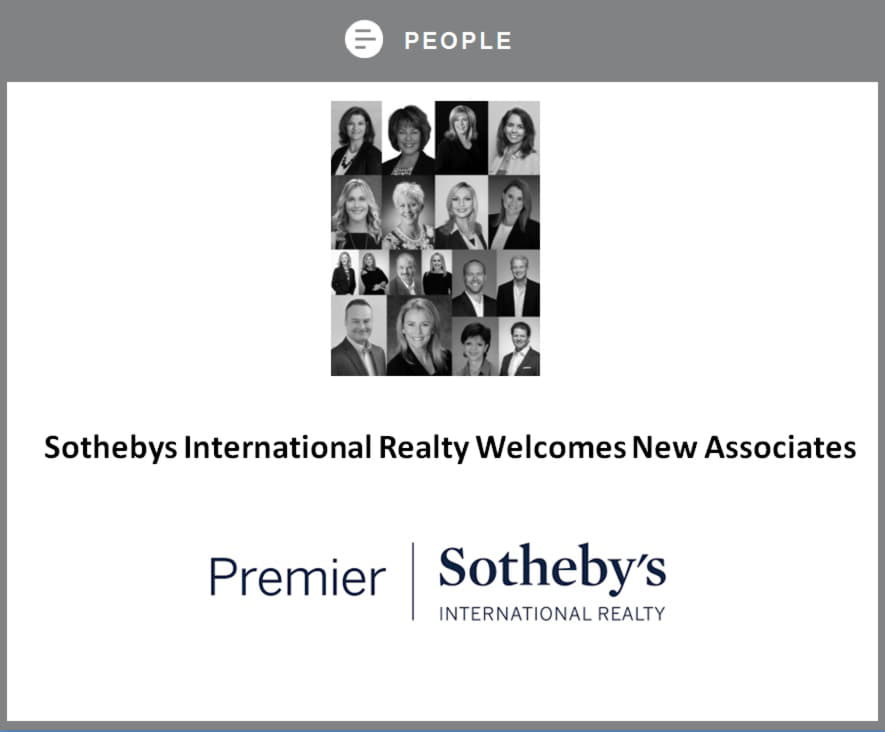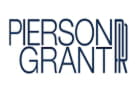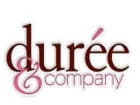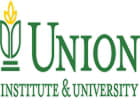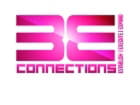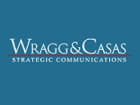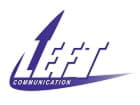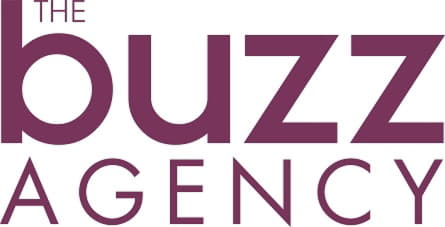For quite a while now, every newspaper, newscast, social media post, Tweet and late night comedian has been talking about the dysfunction in Washington DC. Legislators wedded to their own agenda to the point of total gridlock have caused disappointment, anger, and disgust for observers and constituents alike.
There are a great many people who lack the awareness that can come from a basic interactive exercise I use when training teams about how to work effectively and efficiently together. The key is to understand and appreciate the difference between collaboration and compromise. If you don’t know the difference between them, you are more than likely to get a miserable end result. And the very people who have crafted the result will whine, complain, and point fingers everywhere else but where the cause belongs – on themselves.
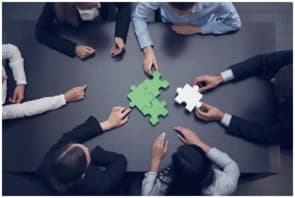
When people work together, whether in pair, teams,or groups, everyone has their own agenda. It is total lunacy to think that you will find that everyone has no agenda, thinks, exactly as you do, or finds you so brilliant that they set aside their ideas and goals in favor of your ideas and goals. If they have been told by people who placed them on the team to carry out a specific agenda, it makes it even more difficult to drop it at the door. They know they will have to deal with those angry faces when they return, and those angry faces may be more daunting than your angry face.
However, people try anyway. It appears than in our nation’s capital, if you find a few people who agree with you, it can make you feel stronger in your entrenchment, but that is not only a ‘inside the beltway’ thing. Intractable positions can be taken right down the hall from your workspace.
Compromise means that each person involved gives up some of what he or she wanted, in order to move forward. With everyone feeling a little disappointed and injured rather than just one, it somehow seems better. Really?! Yup – because those who compromise are often adversaries first and last. The term implies both giving up and dissatisfaction.
Collaboration means that all parties involved recognize that the best solution is one where people work together to create a satisfactory result. Those who collaborate are partners in the creation of the answer. The term suggests creativity and innovation.
Solutions created by those who compromise and don’t work together toward a solution often end up with watered down versions of what they wanted at the start that don’t really make anyone happy. The folks involved complain about how unhappy they are with the result that THEY created – as if that was the best they could come up with. The articulated goal might have been the best outcome, but the real goal was all ego – they wanted THEIR idea out there.
Collaboration requires some skills:
• Listening to the other person and understanding how he or she see things, what’s important to them, and why that is so;
• Asking questions that allow you to get to a deeper level of understanding;
• Confidence in yourself that allows you to leave your position (high horse) for a while, knowing you can return to it later, once you’ve created a foundation on which you can build a strong, collaborative process that results in the good solution that IS your best effort.
If your team at work resembles the folks in Washington, then you may have some critical and genuine skill building to do and might even benefit from a good facilitator. While those legislators may never admit they don’t have the ability to collaborate, we have seen for quite a while now how creative, innovative, respectful, and capable they are at working together to craft the best solutions. There is little evidence that they are any of those things.
In the workplace, I often ask leaders to reflect on how their teams work together, what needs to happen to gain more effectiveness and efficiency, and if they think they have the right people on the team. At your workplace as well as in Washington DC, it leads to some revealing answers.
It begs the question – if this isn’t the best you can do – what’s stopping you from doing better?
Joni Daniels is Principal of Daniels & Associates, a management training and development consulting practice that specializes in developing human resources in the areas of leadership and management training, interpersonal effectiveness and efficiency, skill- building, and organizational development interventions. With over 20 years of experience, she is a sought after resource for Fortune 500 clients, professional organizations, higher education, media outlets and business publications. Joni can be reached at http://jonidaniels.com

